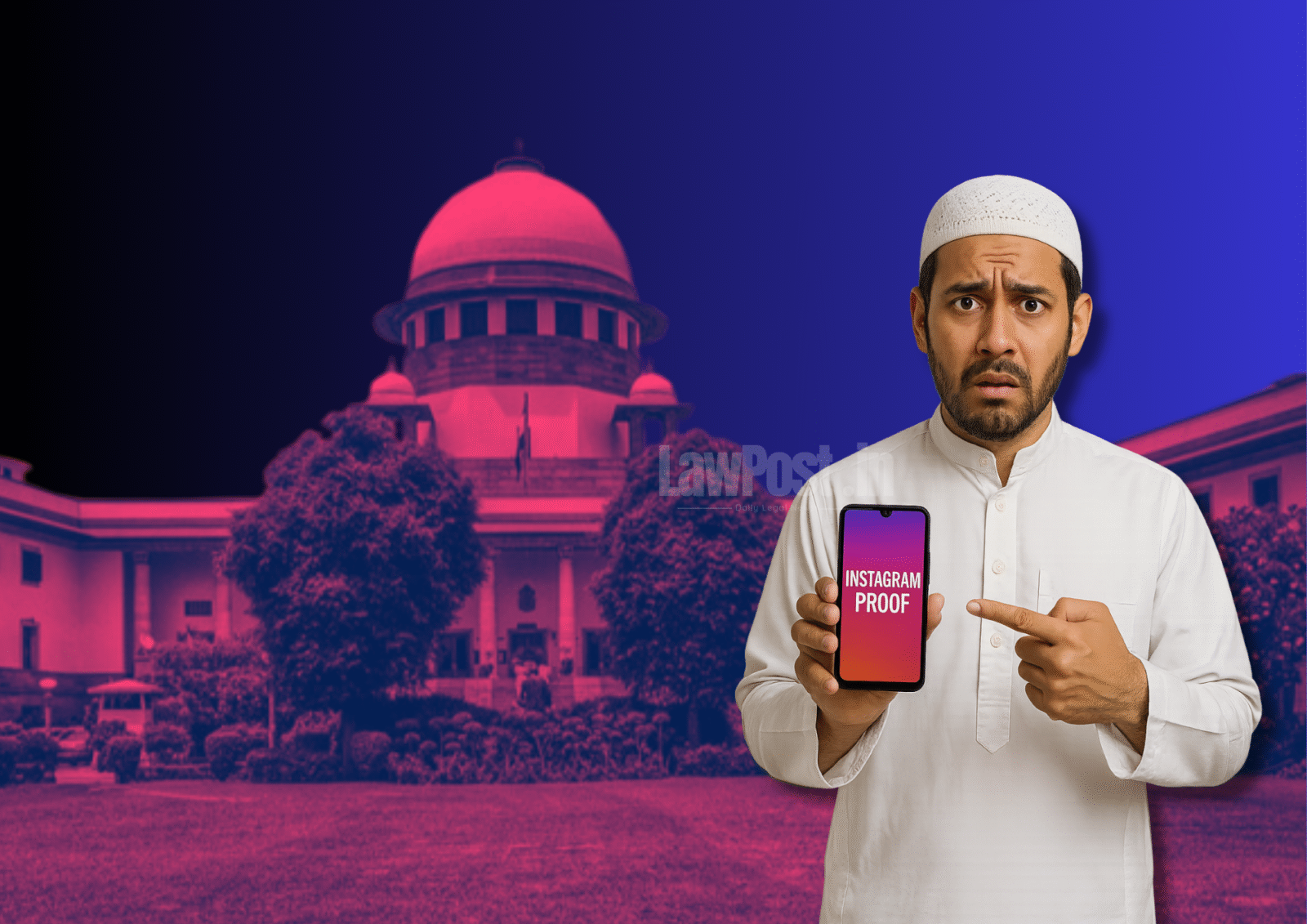Supreme Court Refuses Interim Relief, Demands Verifiable Evidence on Alleged Forced Deportations into Sea
In a stern message to petitioners, the Supreme Court on Thursday refused to grant interim relief in a plea alleging that Rohingya refugees were forcibly deported by being abandoned in international waters. The Court demanded verifiable evidence, warning that “fanciful petitions” based solely on social media or unverified calls would not be entertained.
A Bench of Justices Surya Kant and N.K. Singh heard a plea filed by two Rohingya refugees seeking intervention against what they claimed was a disturbing practice of pushing fellow refugees into the sea near the Andaman Islands.
“You cannot keep collecting info from social media and file petitions,” the Court remarked, expressing serious doubt over the authenticity of the material presented. “Every time, you have a new story… Now where is this beautifully crafted story coming from?”
Justice Kant questioned the source of the video and photo evidence allegedly depicting the incident, asking, “Who was clicking the videos and photos? How did he come back? What is the material on record?”
Senior Advocate Colin Gonsalves, appearing for the petitioners, cited phone calls from Myanmar and reports by foreign media to support the allegations. He stated, “They were taken to the Andamans and then were put in the sea with life jackets… There was a call made from Myanmar… We have a translation of the phone call also… Please see the foreign media reports… it says credible reports.”
However, the Court remained unconvinced. “Show us who has verified these calls and who has personal knowledge of all this. Unless someone is standing and watching it, how can you vouch for this?”
Justice Kant stressed that the judiciary could not be expected to act on vague claims. “Unless the petitioner has seen this in real time… Place these reports on record… We will see… All these people who are sitting outside cannot challenge our sovereignty and our authority.”
Gonsalves also referenced international standards, stating, “Please see what the International Court of Justice has said about the Rohingyas and why Rohingyas cannot be returned… Migrants can be sent back, but not Rohingyas.”
To this, the Bench responded, “Of course, if there is material, we can also order on human rights issues… We are saying, get material on record.”
Justice Kant further noted that the matter had already been addressed earlier by a three-judge bench which included himself and Justice Dipankar Datta. “We were sitting in three-judge bench composition… stay was declined on the same matter and now you are before us here on the basis of the same material,” he said, hinting at forum shopping.
In its final order, the Bench declined the relief sought and referred the matter back to the three-judge Bench that had earlier considered it. “There is no material in support of the vague, evasive and sweeping statements made in the writ petition. Unless the allegations are supported with some prima facie material, it is difficult for us to sit over the interim order passed by a larger bench.”
The Court directed the matter to be listed on July 31 and ordered that the paper book be submitted to the Attorney General.
When Gonsalves urged the Court to consider a UN report mentioning Rohingyas being “picked up,” Justice Kant replied, “We will give a report to the UN when the time is correct.”
As the hearing concluded, the Court made its stance clear: “That (protection) we cannot. Direction sought is declined.”
The matter is now scheduled for further hearing on July 31.
Case: Mohammad Ismail and anr vs Union Of India – Available on LAWFYI.IO








